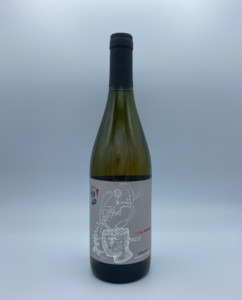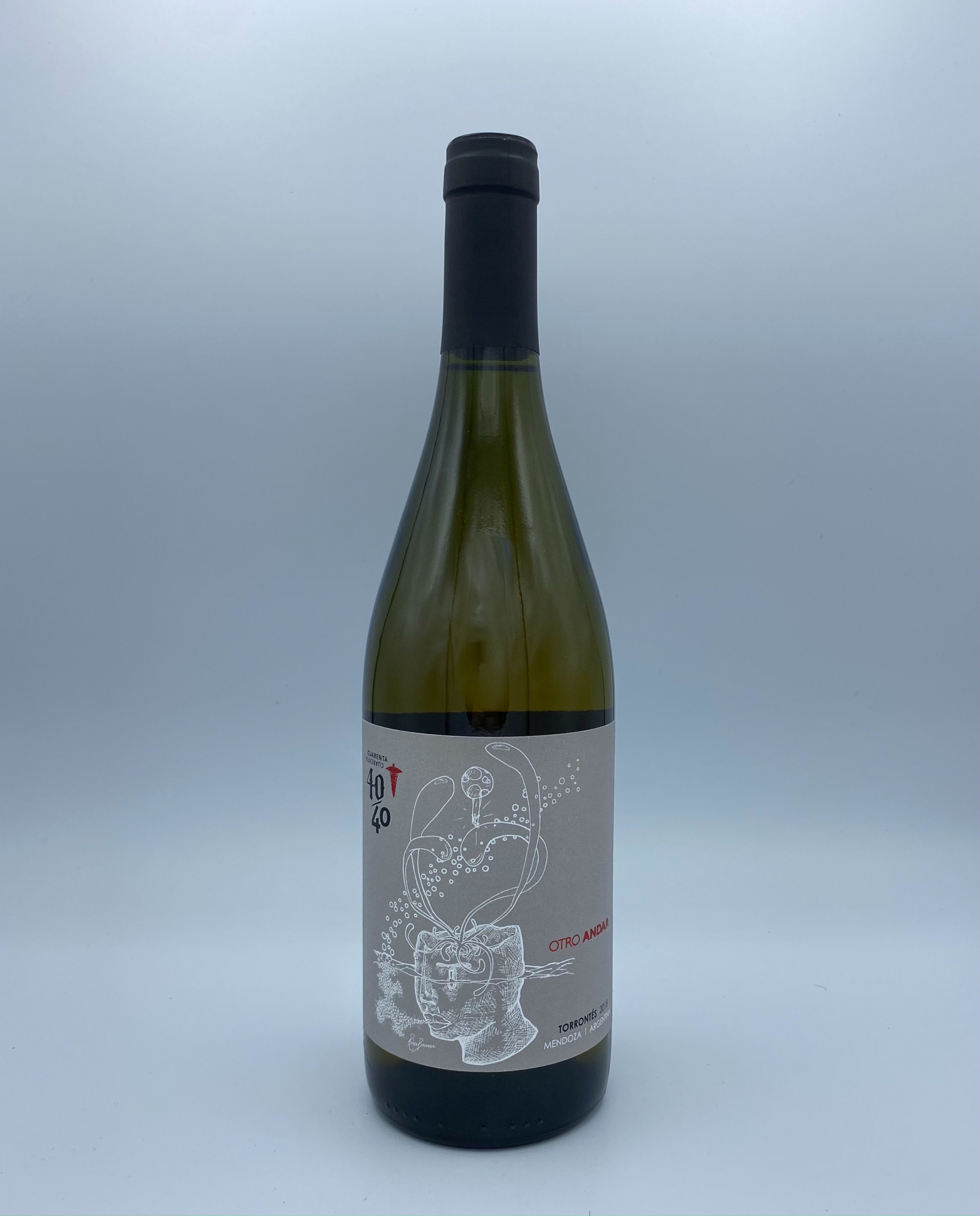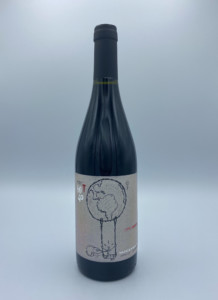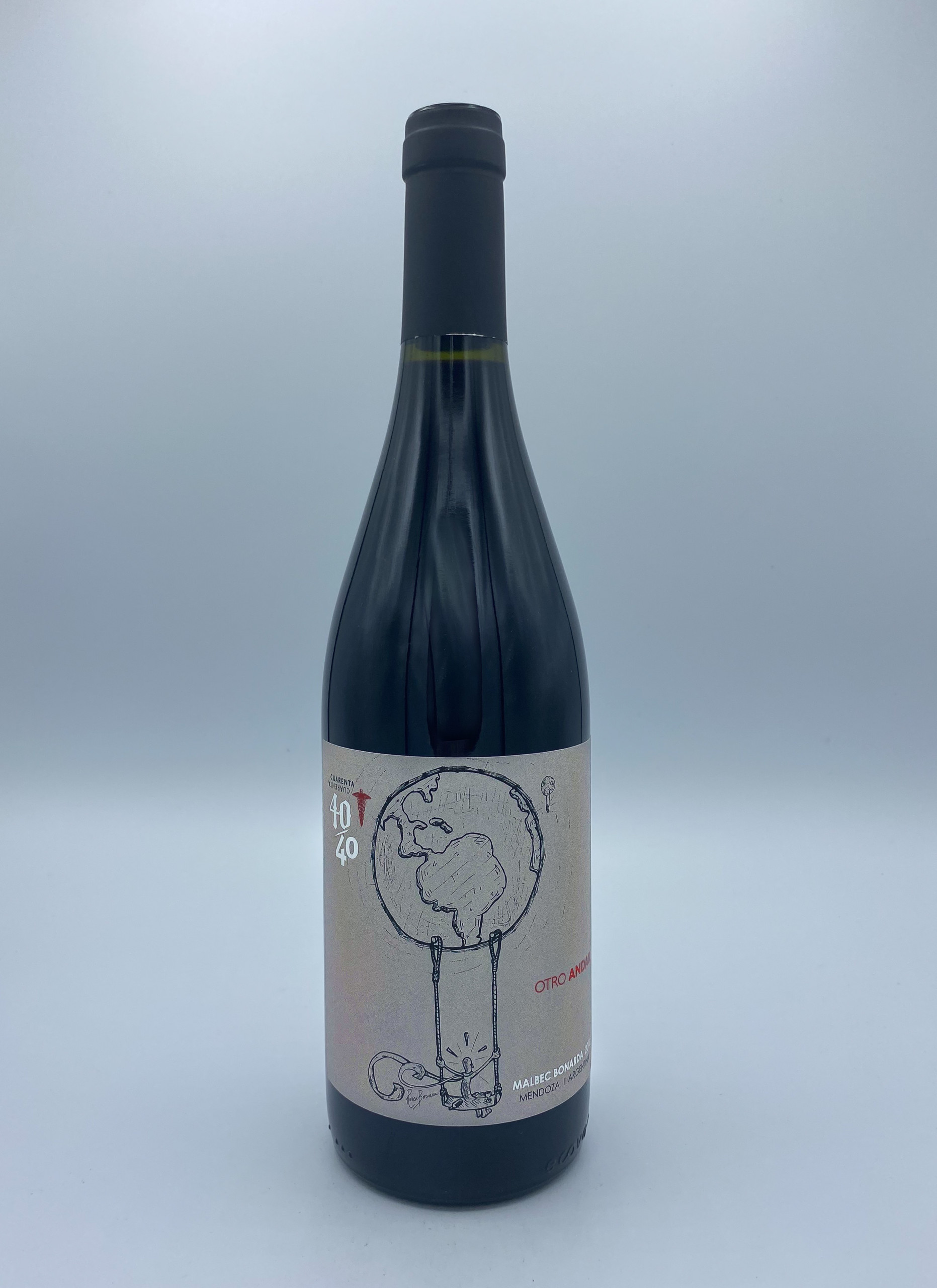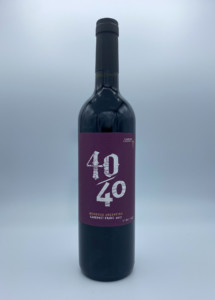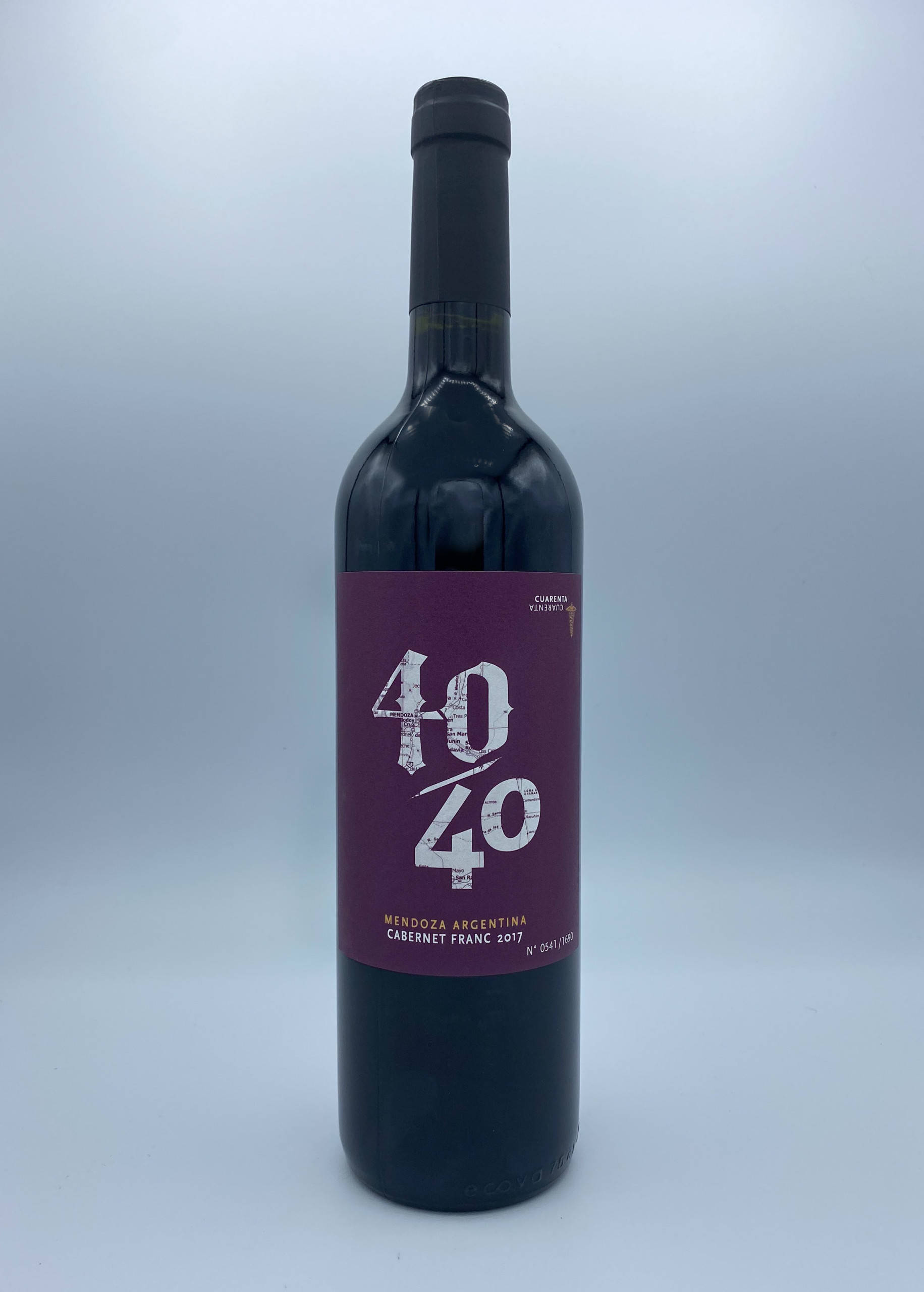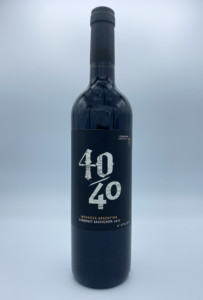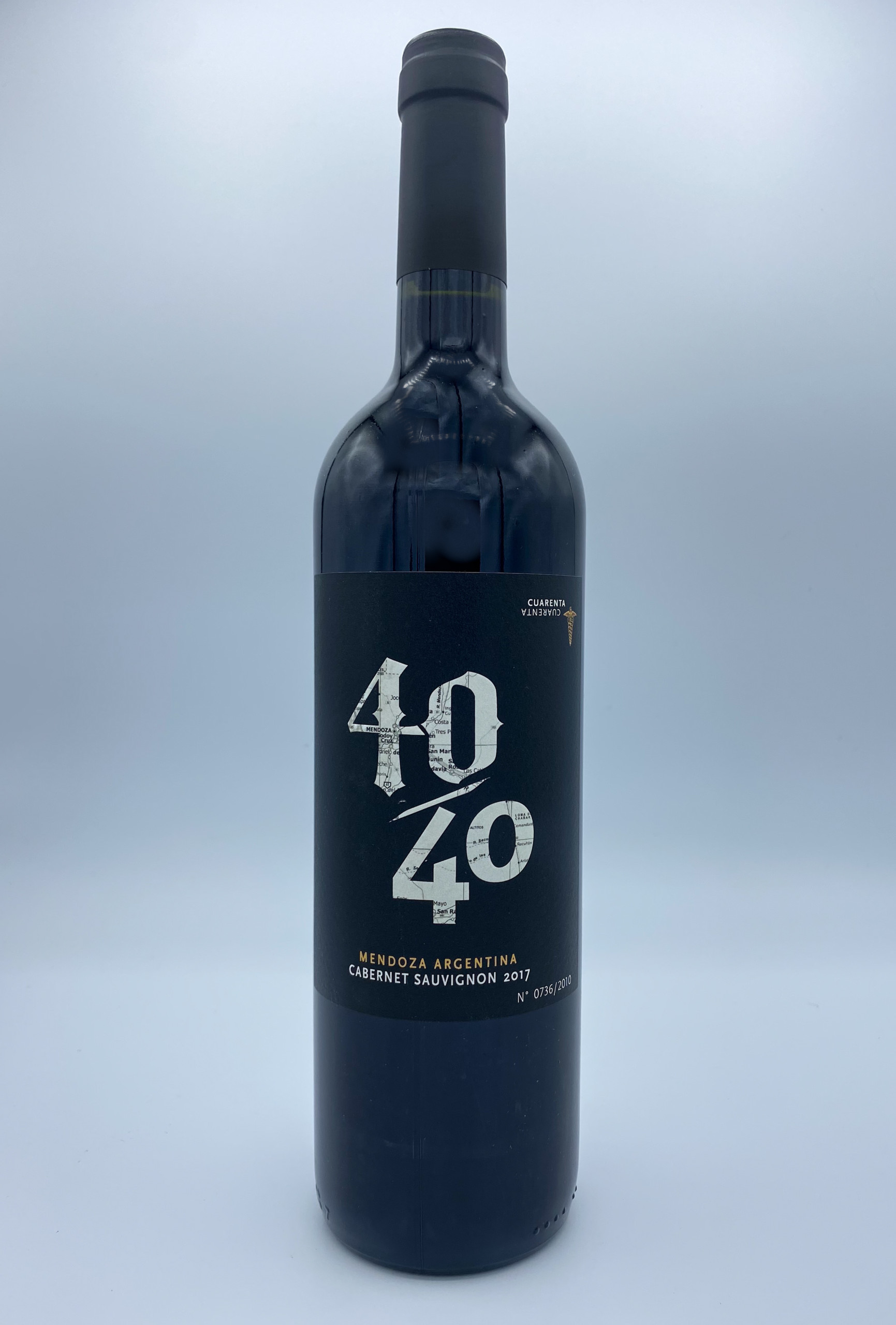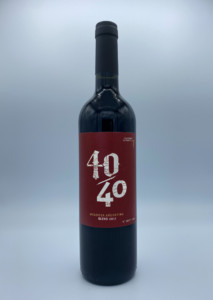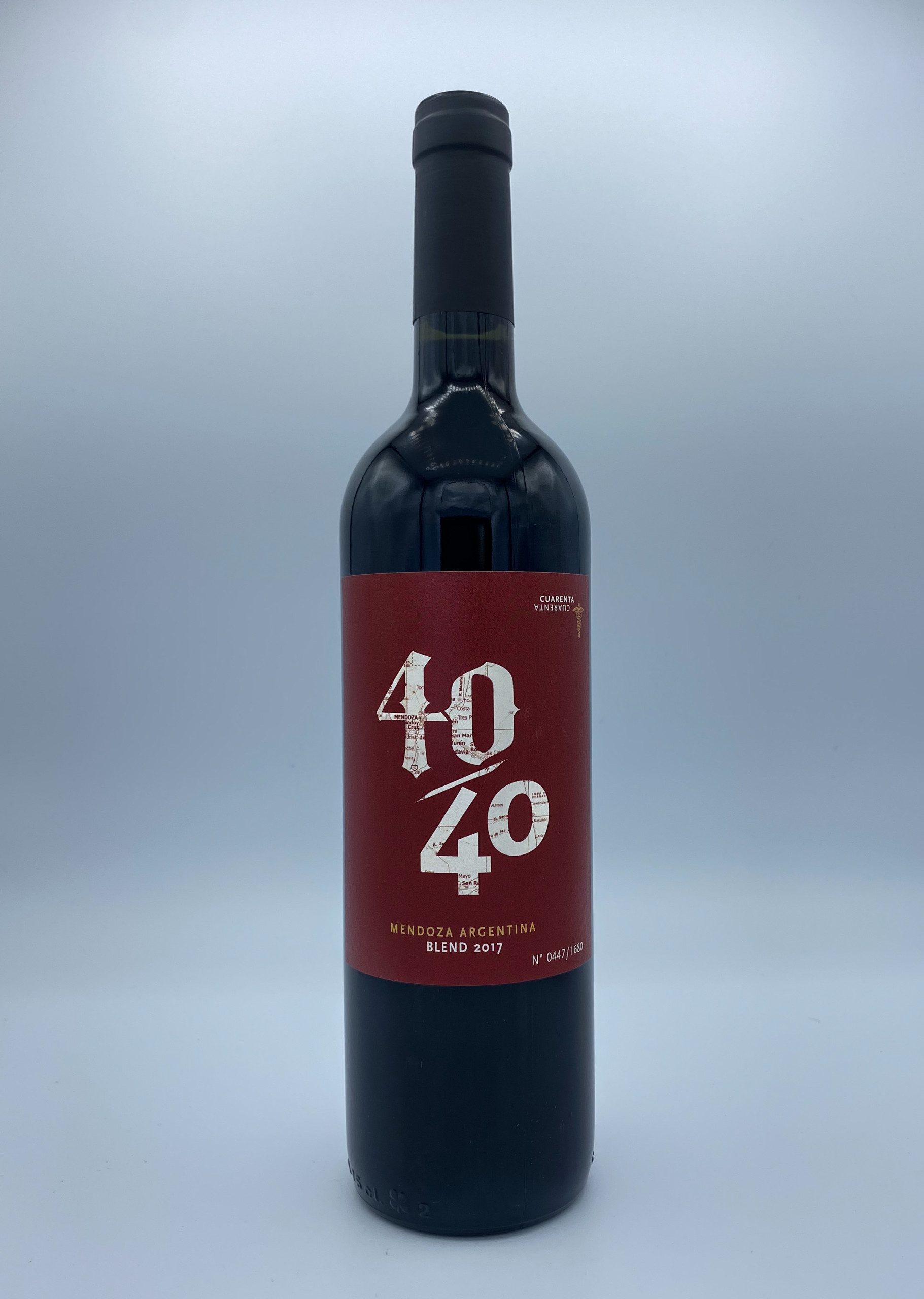40/40
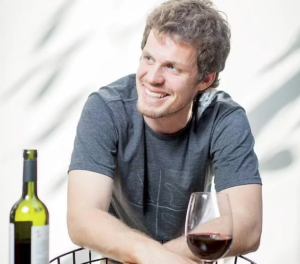
Lucas Pfister
About
Owner & winemaker: Lucas Pfister
Vineyards: 60ha total for the estate, using 2.5ha specially chosen for this project
Vineyard management: Practicing organic with some biodynamic practices
Soils: Varied, including clay, gravels, and sand mixed with clay
Grapes grown: Malbec, Cabernet Franc, Cabernet Sauvignon, Tempranillo, Merlot, Torrontes
Annual production: 14,000 bottles
Quick facts:
- The 40/40 wines are made from Lucas’s very favorite vineyard plots at his family’s estate south of Mendoza.
- The style is fruity yet elegant, with complex aromas, high acidity, and lower alcohol.
- Lucas makes wine informed by both his Argentinian roots and his European experience–he spends half the year managing a vineyard in northern Italy.
Lucas Pfister graduated as an Agronomist Engineer from the University de El Salvador de Buenos Aires, then later travelled to France to obtain a Masters degree from the University of Montpellier. After finishing his studies in France and working various harvests around the world, Pfister decided to start this small project back home in Argentina using only his favorite plots from the family estate in Ugarteche. Since 2015, Lucas has split his time between Argentina and Italy where he is the vineyard manager for the largest biodynamic winery in Sud Tyrol.
The estate is located 40km south of Mendoza, in the Lujan de Cuyo subregion. The vineyards are 890m above sea level, in an extreme continental climate with very low rainfall. The significant temperature variation between hot summer days and cool nights, thanks to the high altitude, result in ripe grapes with complex aromas and retained acidity. All of the vines are ungrafted. Plantings range from the 1960s (reclaimed abandoned vineyards of Tempranillo and Torrontes) through the early 2000s (Malbec planted with genetic material from the best old vineyard sites in the region). Some of the vineyards are irrigated with a modern drip irrigation setup, while the older vineyards are still traditionally flood irrigated.
Lucas’s approach is hands-off, crafting wines of unusual freshness and elegance for the area. Harvests come as early as possible to achieve higher levels of acidity and less extraction, and therefore less need for manipulation in the cellar. He wants to make wine that reflects his land authentically, so he avoids winemaking techniques that would standardize or aromatize the wine. No chemical or technological additives are used at any point. Wines are fermented with indigenous yeasts then aged twelve months in barrel, where they undergo malolactic fermentation. Stylistically, he aims to express fruity aromas “in an elegant way rather than overpowering due to over-ripeness,” he explains.


